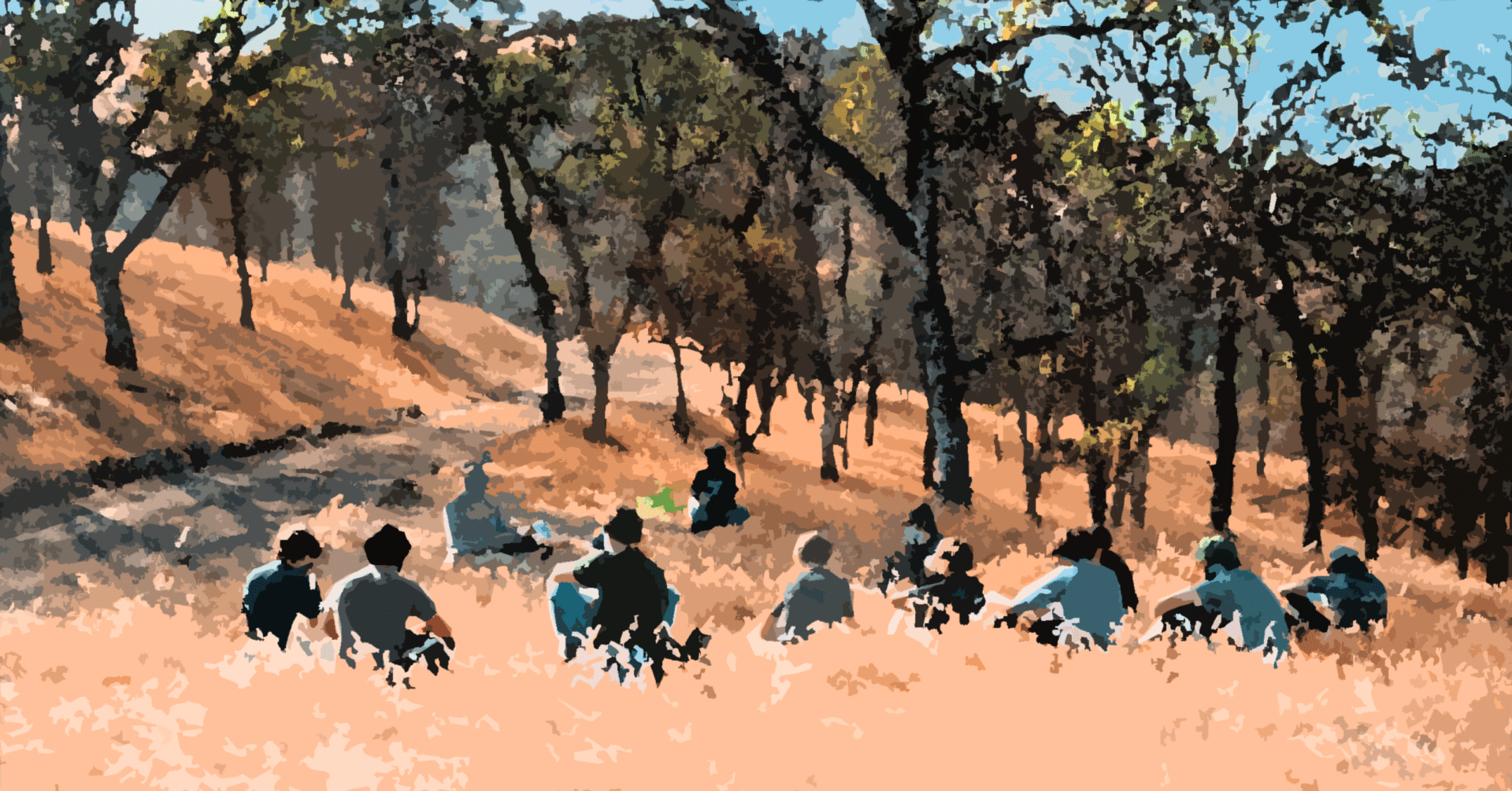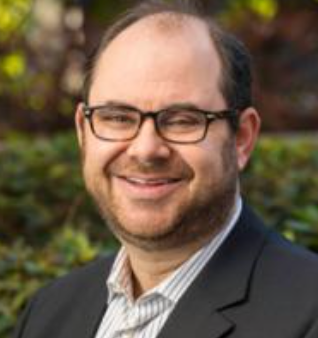News Mentions for the week of January 15, 2024
Our faculty often provide insight on current events and topics in the news.
Explore some of the articles that they have contributed to or been quoted in recently below.
- Business Insider
From cocaine to psychedelics, traders and bankers take us inside Wall Street's underground drug culture
Does Wall Street have a drug problem? Bankers, traders, and other financial pros share their stories of cocaine, Zyn, Adderall, and more. Anna Lembke, professor of psychiatry and behavioral sciences, provides comment.
- Los Angeles Times
A California panel is holding up studies on psychedelics. Some researchers want it gone
Dozens of California studies on psychedelics or addiction treatment that need to be vetted by a little-known government panel are now in limbo. Keith Humphreys, the Esther Ting Memorial professor of psychiatry and behavioral sciences, is quoted.
- Healthline
Therapy as Effective as Antidepressants for People with Heart Failure
Behavioral activation therapy improved depression symptoms as effectively as medication in heart failure patients, a new study reports. Depression is common among people with heart failure and can severely impact quality of life. David Spiegel, the Jack, Lulu, and Sam Willson professor of psychiatry and behavioral sciences, provides comment.
- Stanford HAI
35 Stanford Research Teams Receive 2023 HAI Seed Grants and HAI-AIMI Partnership Grants
Stanford HAI recently awarded $2.2 million for researchers to pursue new ideas in AI-related fields. Congratulations to all of the 2023 recipients, including Vinod Menon, the Rachael L. and Walter F. Nichols, MD professor of psychiatry and behavioral sciences, PI for the project entitled, "Personalized AI Networks to Mitigate Neurotypicality Biases in Cognitive Tutoring for Children with Learning Difficulties," as well as Ehsan Adeli, clinical assistant professor of psychiatry and behavioral sciences, Co-PI for the project entitled, "Personal and Private Ambient Intelligence for Senior Care," and Karl Deisseroth, the D. H. Chen Professor and a professor of bioengineering and of psychiatry and behavioral sciences, Co-PI for the project entitled, "Neural representation of drives in AI systems."
- Bulletin of the Atomic Scientists
“The world has already ended”: Britt Wray on living with the horror and trauma of climate crisis
Britt Wray, instructor of psychiatry and behavioral sciences, is interviewed in this article about the new department initiative focused on Community-minded Interventions for Resilience, Climate Leadership and Emotional wellbeing. (“CIRCLE”), and her recent book, "Generation Dread: Finding Purpose in an Age of Climate Anxiety."
- Medscape
Dopamine Fasting: Some MDs Are Prescribing It. Should You?
It's a Silicon Valley fad that seems to have stuck — and a 4-week intervention could be a real option for addiction care. Anna Lembke, professor of psychiatry and behavioral sciences, is quoted.
- TIME
9 Ways to Reset Your Relationship With Social Media
TIME asked experts how to reset your relationship with social media. These are their go-to strategies. Nina Vasan, clinical assistant professor of psychiatry and behavioral sciences, provides comment.
- Washington Post
Marijuana reclassification proposed over lower public health risk, documents show
In recommending marijuana be reclassified to a Schedule III drug, the Department of Health and Human Services acknowledges its medical use for the first time. Keith Humphreys, the Esther Ting Memorial professor of psychiatry and behavioral sciences, is quoted.
- The Shrink Is In - The Podcast Voice of Psychology
Dr. Howard Gurr talks with Dr. Kim Bullock about VR in therapy
Kim Bullock, clinical professor of psychiatry and behavioral sciences, speaks with podcast host, Dr. Gurr, about Virtual Reality Therapy in this episode.
Continuing Coverage
- HCP Live
Takeaways from Studying Long-Term Olanzapine, Samidorphan
In this interview, Jacob Ballon, clinical professor of psychiatry and behavioral sciences, discusses the significance of his team’s study which found olanzapine and samidorphan was well-tolerable for up to 4 years of treatment for schizophrenia and bipolar disorder treatment.
- News Center - Stanford Medicine
Psychoactive drug ibogaine effectively treats traumatic brain injury in special ops military vets
Stanford Medicine researchers find that ibogaine, a plant-based psychoactive compound, safely led to improvements in depression, anxiety and functioning among veterans with traumatic brain injuries. Nolan Williams, associate professor of psychiatry and behavioral sciences, is quoted. Explore more coverage of this study here.
- News Center - Stanford Medicine
Scientists use high-tech brain stimulation to make people more hypnotizable
Stanford Medicine scientists used transcranial magnetic stimulation to temporarily enhance hypnotizability in patients with chronic pain, making them better candidates for hypnotherapy. Afik Faerman, postdoctoral scholar in psychiatry and behavioral sciences, David Spiegel, the Jack, Lulu, and Sam Willson professor of psychiatry and behavioral sciences, and Nolan Williams, associate professor of psychiatry and behavioral sciences, provide comment. Explore more coverage of this study here.










